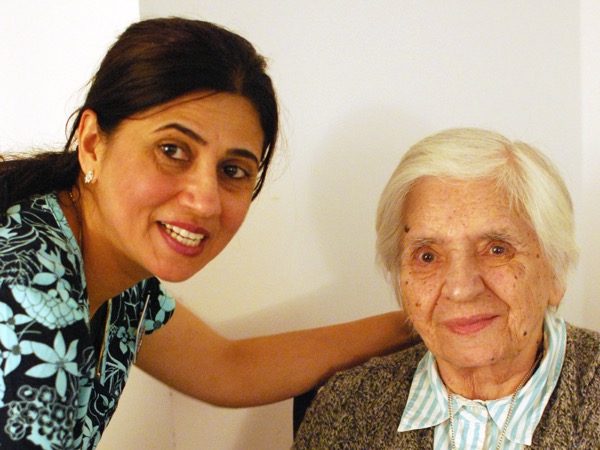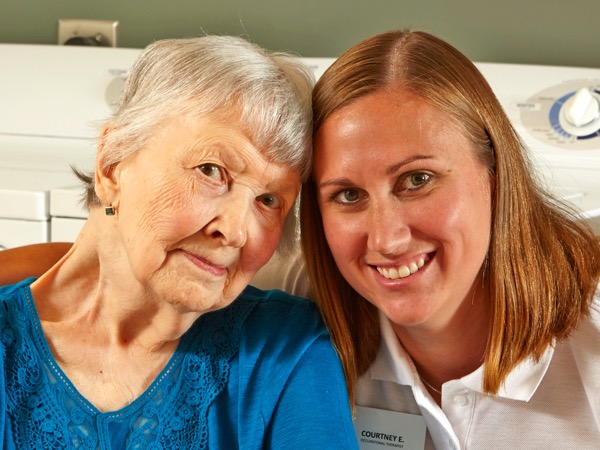
Building for the future

Explore our new developments
What’s New
Extendicare named to Globe and Mail Women Lead Here List for third consecutive year
For the third consecutive year, Extendicare has been named to the Globe and Mail Women Lead Here list, a recognition of representation of women in leadership roles through this annual benchmark of executive gender diversity in large Canadian corporate organizations. continue
Celebrating International Women’s Day: Empowering and celebrating women from different walks of life | Extendicare West End Villa embraces inclusion
International Women's Day encourages us all to celebrate the social, economic, cultural, and political accomplishments of women globally. continue
Timeless tales: Uncover the secrets to long-lasting love in long-term care
What’s the secret to finding a love that stands the test of time? continue
Celebrating Black History Month: Black excellence takes centre stage at Extendicare Bay Ridges
February is Black History Month. It is an important time to celebrate and honour the outstanding legacy and rich contributions that Black Canadians have made in our communities across the country. continue
CTV features Extendicare Rouge Valley
Karen Simpson, Manager of Behavioural Supports and Dementia Care expert at Extendicare, speaks with CTV News about the Behavioural Support Transitional Unit (BSTU) at Extendicare Rouge Valley. continue
Understand their needs and their story, and high-quality care follows | Specialized dementia care at Extendicare Rouge Valley
When you walk around the Behavioural Support Transitional Unit, or BSTU, at Extendicare Rouge Valley in Scarborough, Ontario, beautifully painted murals of nature landscapes and cityscapes mark the hallways. continue



